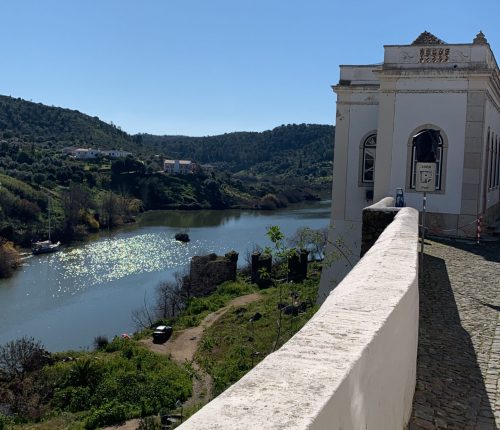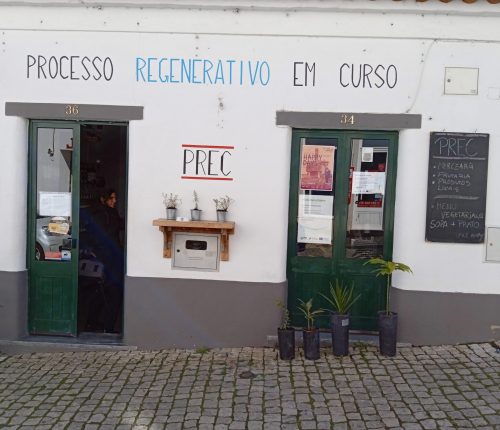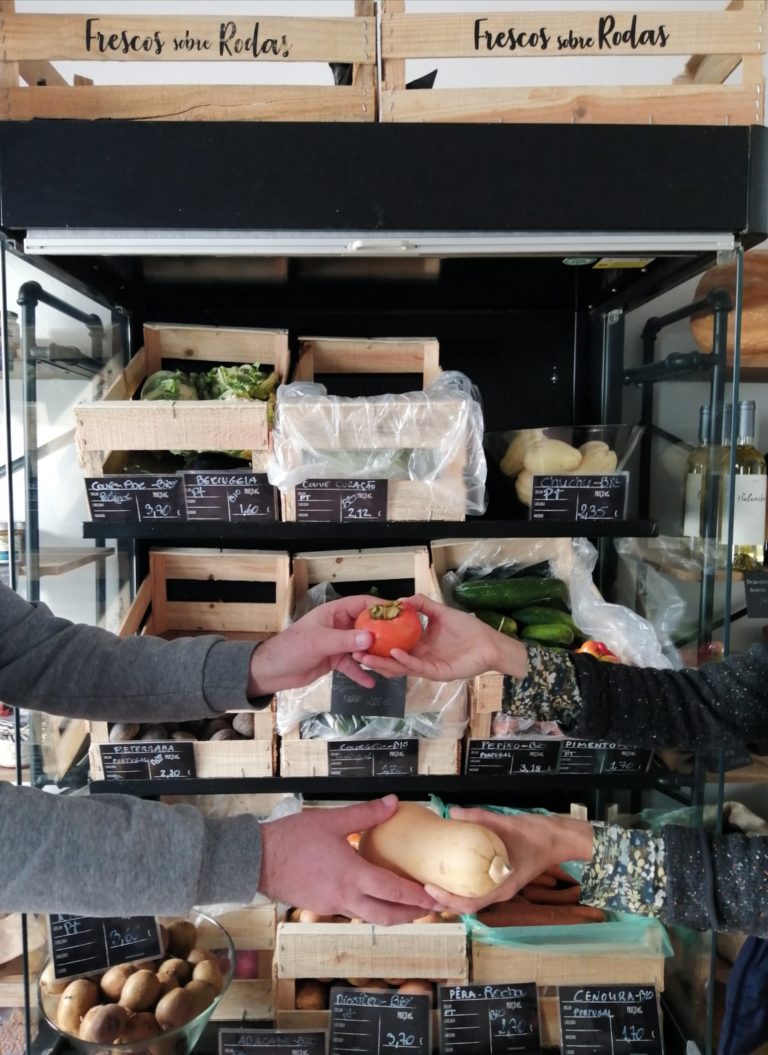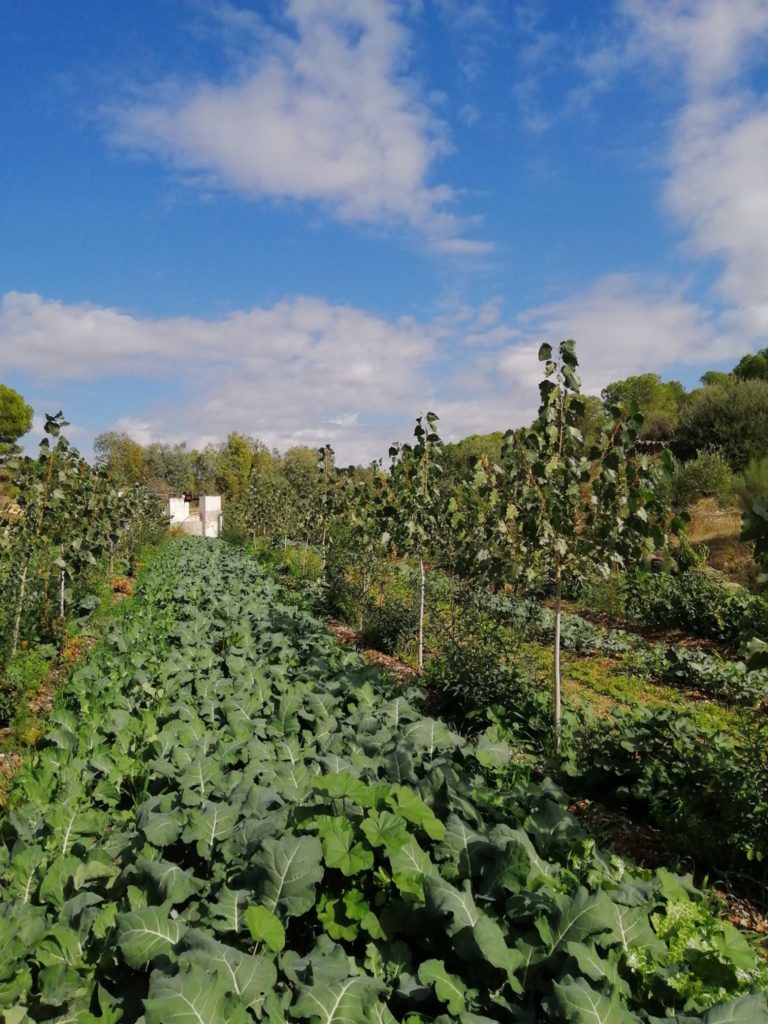The hidden knowledge that could help us manage the biodiversity crisis
The BIOTraCes project studies local, innovative ways to heal the relationship between nature and human societies.
Expansion of agriculture, growing urbanisation, modification of water regimes, or pollution are the main causes behind the loss of biodiversity. The solution to it also lies within human societies, but it may be hidden in ancient, almost forgotten knowledge.
By Juan F. Samaniego
In the small town of Mertola, in the Portuguese region of Alentejo, the biodiversity crisis is being fought. Elderly women share their knowledge about getting the most out of food, the market sells local fruits and vegetables, and several social gardens supply schools and social institutions with fresh products. All of this could help repair the broken relationship between human societies and nature.
The world’s biodiversity is in decline. Most habitats in Europe are in poor health, local bird populations have diminished by 24% over the last 20 years, most insect species are becoming rarer, and migratory fishes like salmon and eels have disappeared almost completely from the continent. But these figures from the European Environment Agency reveal only part of the story.
As nature becomes simpler and the number of species falls, the risk for humans increases. Fewer insects pollinating crops means less productive food systems, and fewer predators means increasing probability of suffering plagues. Without the protection of plants and trees, soils are more exposed and its capacity to retain
water and nutrients decreases. And biodiversity loss raises the chances for the spillover of infectious diseases from animals to humans.
It gets even more complex, as humans not only suffer the consequences of the biodiversity crisis, but are also its main drivers. The expansion and intensification of agriculture, growing urbanisation, modification of water regimes, forest exploitation, pollution, or climate change are the main causes behind the loss of biodiversity.
And it’s in towns like Mertola where some of the many answers to such complicated issues may lie.
The power of local perspectives
Like the rest of Alentejo, Mertola is a village pressed by low population density, high vulnerability to climate change and increasing risk of desertification. But resignation is not in people’s mind. The Mertola Future Lab project has become a tool of social innovation, a place in which researching ways of reinforcing the local economy, transitioning to a system that respects natural and social values, and imagining a more sustainable future.
The Mertola Future Lab is one of the nine case studies at the core of BIOTraCes, a research project that aims to develop knowledge, tools and novel approaches that enable transformative changes towards a nature positive society. All the selected case studies are already deploying biodiversity innovations in high-impact sectors such as agriculture, forestry, water and urbanisation.
“There’s not so much biodiversity research that emphasises marginalised perspectives, identities and knowledge,” explains Rosalie van Dam, researcher at the Wageningen University & Research, and project leader of BIOTraCes.
“There are ancient ways of dealing with nature that have been forgotten,” Van Dam adds. “There’s a lot to learn if we broaden our perspective and include all kinds of knowledge and ideas. All of it with the final goal of bending the curve of the biodiversity decline.”
The project, which is still in an early stage and will extend through to November 2026, will create a portfolio of good and failed biodiversity innovations by discerning power lock-ins, leveraging opportunities and enabling actors. BIOTraCes will also analyse indirect drivers of biodiversity loss, such as structural factors that create barriers to sustainable decisions and behavioural changes.
After working closely in the next four years with local projects in Hungary, Italy, Lithuania, Portugal, Romania, Spain, Sweden, and The Netherlands, the researchers will synthesise their findings in a Theory of Transformative Change, showing steps on the path to biodiversity recovery and informing public and private strategies and approaches for initiating, accelerating and scaling transformative changes.



